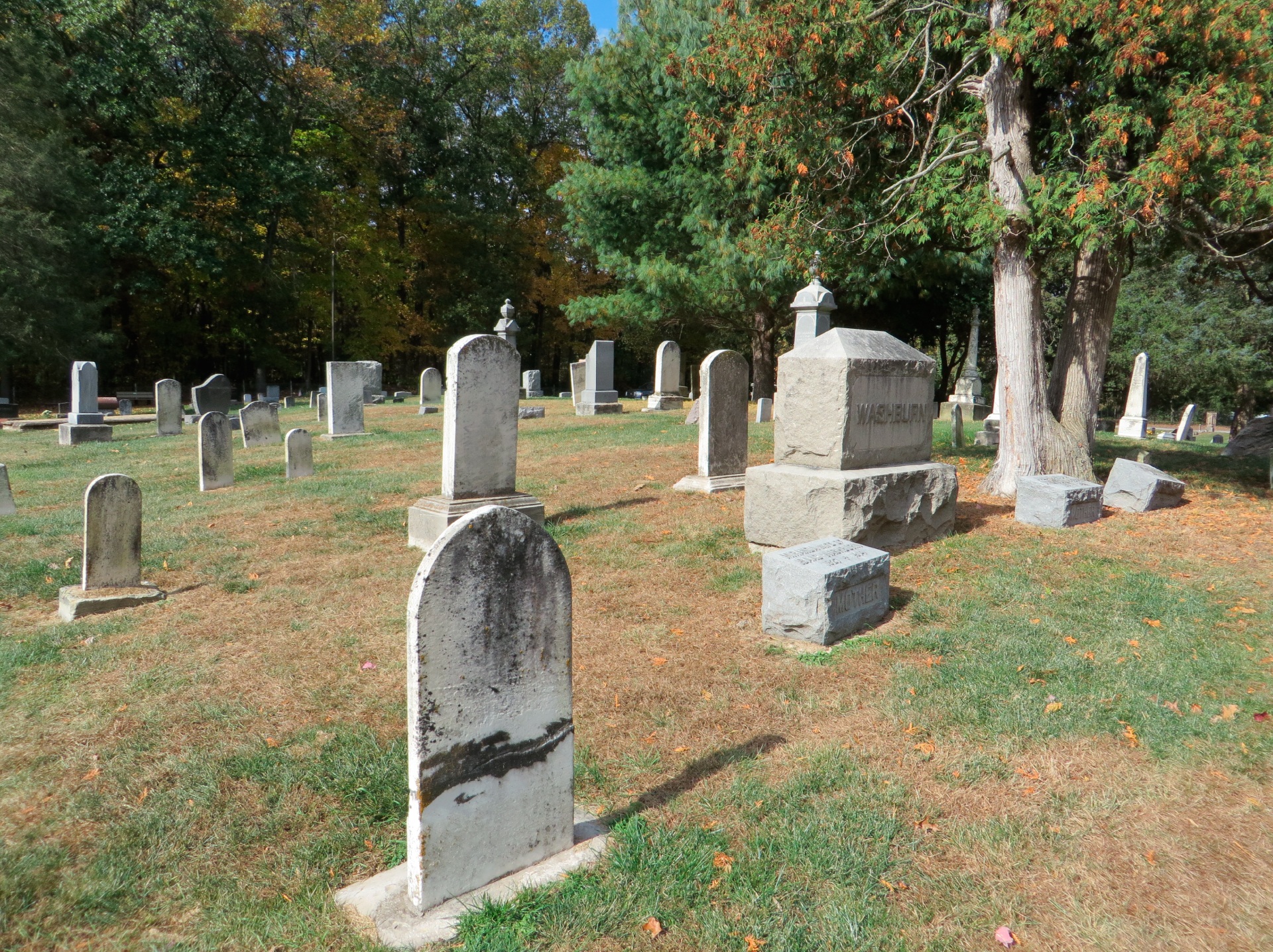

Any words you have on your headstone would need to be in line with Christian values.Ĭemeteries usually give you more choice in the material of your headstone and the words you choose to engrave on it. For example, they usually have to be either stone or granite. Cemeteries often have more relaxed rulesĬhurchyards have rules about the kind of headstone (the stone that marks your grave) you can have. If you’re arranging a non-religious funeral, you’ll usually hear your funeral director talk about a cemetery, not a graveyard. We can use it to describe a graveyard, a secular (or non-religious) burial space, a military burial space, or even a woodland burial space. It comes from the Greek word ‘ koimeterion’, which means ‘sleeping room’. The word ‘cemetery’ simply means a place where we bury people who have died. However, today, the terms cemetery and graveyard are often used interchangeably. While, historically, there were contrasts between cemeteries and churchyards, the term "graveyard" can be used to describe all burial sites. You might prefer to be buried on non-consecrated land if you are not religious.Ī cemetery can be religious or non-religious Often, they have consecrated land and non-consecrated land. Lots of churches have had to extend their burial space. Many churches have a mix of religious and non-religious space This is why it can be quite difficult to ask for or reserve a burial plot in a churchyard. Many churches and their churchyards are very old and already full. Many churchyards are running out of spaceĪlthough you can be buried in a graveyard if you choose, the main problem is space. But you can ask the church not to perform this if you are not religious, or follow a different religion. This means the vicar or priest would carry out a traditional Christian funeral service. If you’re asking for a churchyard burial, the church would usually perform an official Church of England burial. But because churchyard space is now very limited, it might not be possible. You’d need to speak to the vicar or priest who leads the church. If you’re not a church-goer or a member of the parish, you can still ask for a churchyard burial. You can ask for a churchyard burial even if you’re not a member of the parish This means you have a permanent address in the area, or you’re on the electoral roll in that area. But you have a right to be buried on church grounds if you are a ‘member of the parish’ when you die. You might not feel you need or want a churchyard burial if you’re not a member of the church. You do not need to be a Christian to be buried in a churchyard They might feel that having a headstone in their local churchyard will help people to remember them after they die. Some people might choose a churchyard as their burial place because the church has a spiritual meaning for them. People buried in churchyards were often members of the church Any land where a church has been is usually consecrated land too, even if the church is no longer there.įor Christians, ‘consecrated land’ is sacred or holy land. This means a Christian priest has blessed the land. The Church of England considers them ‘consecrated land’. A churchyard is a green space next to or surrounding a churchĬhurchyards are always on church grounds.


 0 kommentar(er)
0 kommentar(er)
